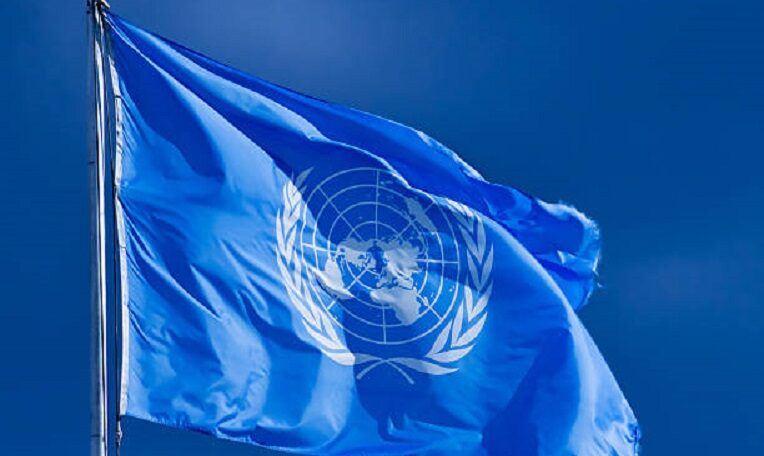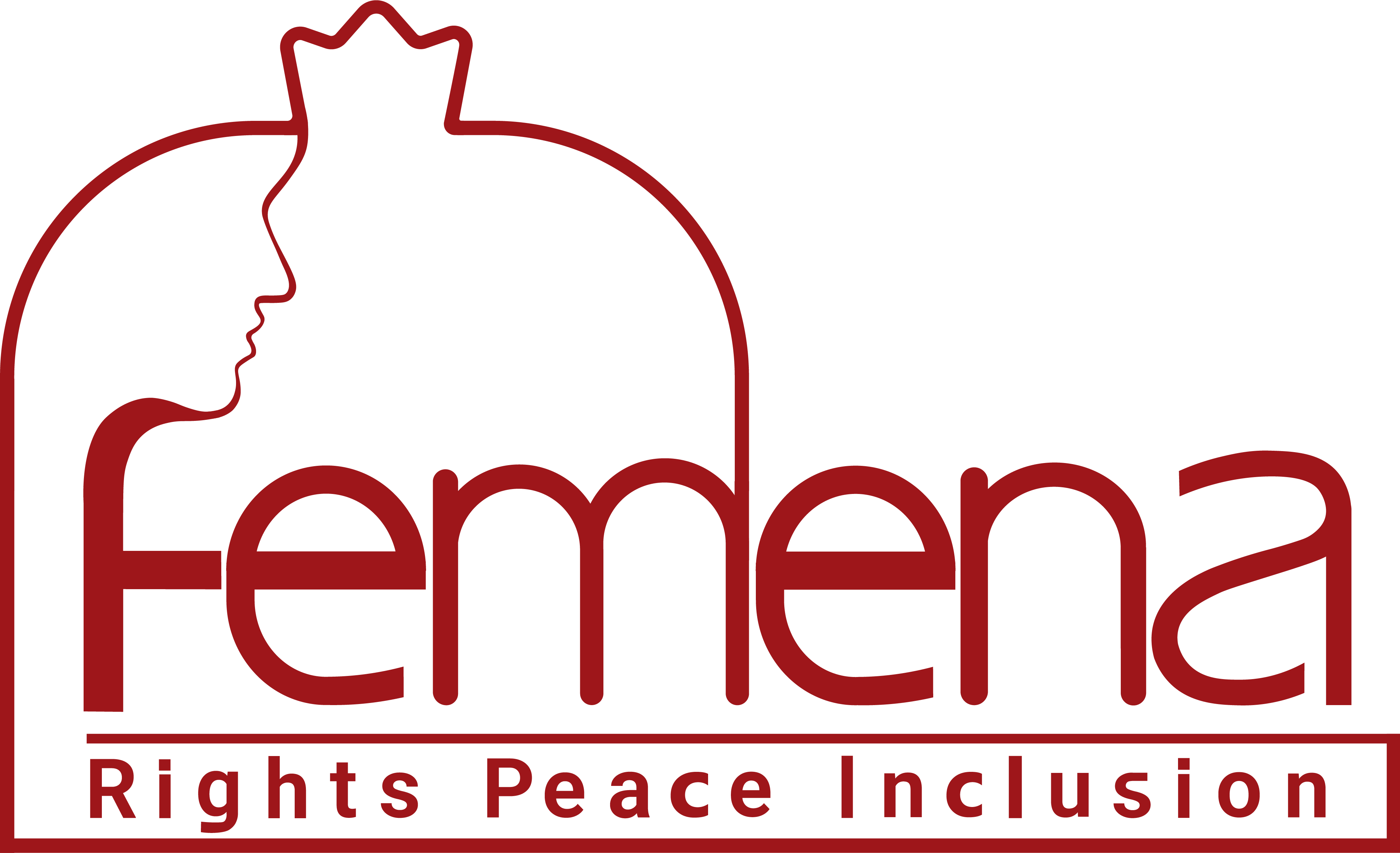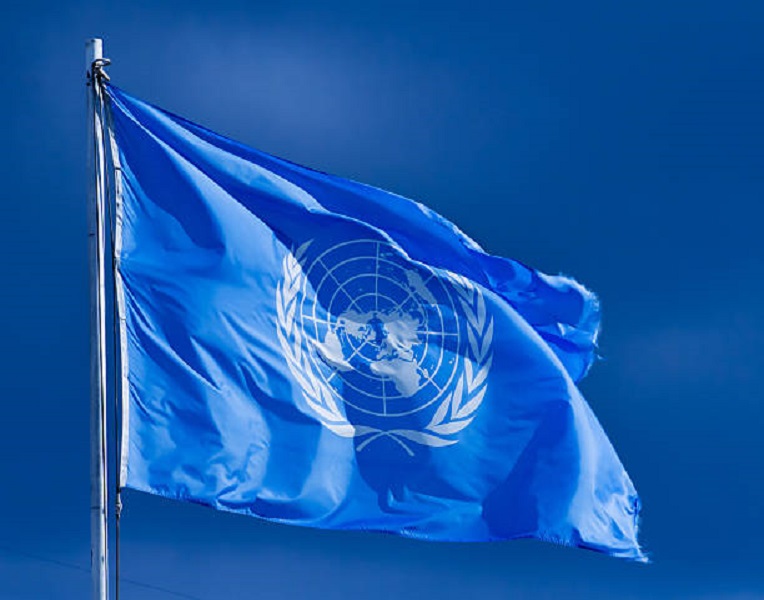
Why UN Special Procedures are important and why should we support their mandates.
- UN Special Procedures play a crucial role in upholding and strengthening human rights standards and norms within the United Nations (UN) human rights system. Through meaningful consultation with feminist, LGBTIQ, and other human rights and social justice movements, the UN Special Procedures have exposed and highlighted systemic trends impacting rights related to gender and sexuality globally, while making concrete recommendations to states and key stakeholders concerning their obligations to respect, promote, protect and fulfill human rights. As independent experts with reporting and monitoring functions on thematic and country level issues, the Special Procedures contribute to ensuring accountability for human rights violations globally and nationally.
Contributions by UN mandate holders in advancing gender and sexuality rights
- The COVID-19 pandemic with its economic and social fallout has revealed that the existing political, economic and legal structures have completely left behind those that are most vulnerable and marginalized in our communities. This includes persons facing discrimination and marginalization on the grounds of gender and sexuality. The Special Procedures have persistently called on states to uphold rights related to gender and sexuality from a systemic and intersectional lens that addresses the root causes of discrimination.
- The Special Rapporteur on the right of everyone to the enjoyment of the highest attainable standard of physical and mental health and the Working Group on discrimination against women and girls have consistently called on states to address the nature and impact of discrimination based on gender, socioeconomic status, minority and ethnic status, religion, race, sexual orientation, gender identity and expression, disability, occupation, etc. on marginalised communities in enjoying the full scope of sexual and reproductive health and rights (SRHR), including accessing SRHR services, goods and facilities.
- The Special Procedure mandates have also highlighted the necessity of a human rights approach in responding to impacts of fascisms, fundamentalisms, and neoliberalism on rights related to gender and sexuality. In their 2020 report, the Special Rapporteur on freedom of religion or belief called on states to counter misleading anti-rights attempts to appropriate freedom of religion and instrumentalise the discourse of freedom of religion in order to justify violations of rights related to gender and sexuality. In their 2018 report, the Special Rapporteur on contemporary forms of racism, racial discrimination, xenophobia and related intolerance urged States to actively reject the reinforcement of patriarchy and heteronormativity through laws that, in the name of national or traditional values, undercut the autonomy of women, and gender and sexual minorities.
Systemic Attacks against Special Procedure Mandates
- Recent years have seen an unprecedented rise in the activities of anti-rights actors within the international human rights system. This includes both active engagement in the processes of the system as well as heightened mobilization on the peripheries of the system by anti-rights actors. It is crucial to highlight that this phenomenon is inextricably linked to the current global political-economy that is characterized by intensified economic inequalities, the rise of authoritarian, nationalist and xenophobic political leaders in power, and the rolling juggernaut of the military-industrial complex, which in turn drives the anti-rights movements to regional and international policy spaces in search of increased impact.
- Special Procedure mandates are facing on-going attacks from anti-rights and regressive actors that tactically skew and manipulate concepts of fundamental rights and the scope of accountability of UN human rights mechanisms. These attacks impact the ability of Special Procedures to carry out their mandates most effectively. They also are intended to threaten their very existence; many anti-rights actors seek to challenge the existence of the mandates and advances in their work.
- Anti-rights actors frame authoritative interpretations of UN treaty bodies and UN Special Procedure mandates on rights related to gender and sexuality as “creating new rights.” By propagating inaccurate readings of human rights standards, anti-rights actors and regressive states often aim to invalidate altogether the work of Special Procedures mandate holders and the work of other independent experts within the UN system. This tactic side-steps the reality of how international human rights law is created and interpreted, denies core human rights concerns and uses flawed analysis: these are not, in fact, “new rights”, nor are they the rights of “special interests”. They are valid human rights interests affecting groups of people whose lives or needs are often rendered invisible, and have been persistently reaffirmed and upheld in global, regional and national systems.
- While some of these strategies are aimed at pushing back against the progress made related to rights on gender and sexuality, we must also recognise these moves to undermine the Special Procedures for what they are: part of a larger systemic anti-rights attack on the very content and structure of our human rights concepts, institutions, and protections which aims to dismantle state accountability for human rights abuses.
- We have repeatedly witnessed anti-rights and regressive actors trying to delegitimize Special Procedure mandate holders by claiming they are partisan or that their work is not relevant to international human rights. We have seen anti-rights actors advocate against the renewal of mandates or for sharp limitation of their purview by describing their work as ultra vires or duplicative of the work of other UN bodies. Ultimately, these lines of argumentation allow these actors to defend and continue their human rights violations with impunity, on the basis that the reviewing mechanism is itself faulty. This strategy has far-reaching implications for State accountability.
(In 2015 and 2016 several Member States were highly critical of thematic reports from the Special Rapporteur on Violence against Women and the Working Group on Discrimination against Women, arguing, for example, that their reports took insufficient account of religious and cultural differences) - By instrumentalising discourse related to gender and sexuality and relying on arguments defending state sovereignty, anti-rights actors aim to support a broader attempt to defund the UN human rights systems as a whole. As it is, the UN human rights mechanisms are chronically underfunded, with less than 4% of the overall UN budget is allocated to human rights mechanisms. In September 2020, the Coordination Committee of Special Procedures highlighted their concern about the impact of the UN funding crisis on the functioning of the system of independent experts appointed by the Human Rights Council. Special Procedures mandate holders work on a voluntary basis, are severely understaffed and under-supported, making them even more exposed to anti-rights attacks.
- Feminists and social justice movements have been at the forefront of action in affirming and reclaiming and pushing back against hostile initiatives to protect our rights. We continue to support the Special Procedures mandates as space to progress human rights norms and language – including on rights related to gender and sexuality. However, we cannot do this alone without the political will of those holding power within the systems. The UN must recognise and meaningfully address the impact of anti-rights actors and discourses that aim to erode our fundamental rights and the scope of accountability from inside and outside of the system. States must fully comply with their financial and international commitments to the UN’s regular budget and ensure on-going support for strong and well-resourced special procedures mandates, while holding anti-rights actors to account at all levels.
Prepared and endorsed by: The Observatory on Universality of Rights (OURs)
Members include:
- Asian-Pacific Resource and Research Centre for Women (ARROW)
- Association for Women’s Rights in Development (AWID)
- Association for Progressive Communications (APC)
- ARC International
- Católicas por el Derecho a Decidir Mexico (CDD-Mexico)
- Coalition for Sexual and Bodily Rights in Muslim Societies (CSBR)
- Cynthia Rothschild (independent expert)
- Due Diligence Project
- FEMENA
- Global Interfaith Network for People of All Sexes, Sexual Orientation, Gender Identity and Expression (GIN-SSOGIE)
- International Civil Society Action Network (ICAN)
- International Women’s Rights Action Watch Asia Pacific (IWRAW-AP)
- Ipas
- Musawah
- Muslims for Progressive Values
- Planned Parenthood (PPFA)
- Sexual Rights Initiative
- Soulforce
- Synergia- Initiative for Human Rights
- World Council of Churches (WCC)
Endorsed by 245 organisations and 83 individuals (please see full list here)


